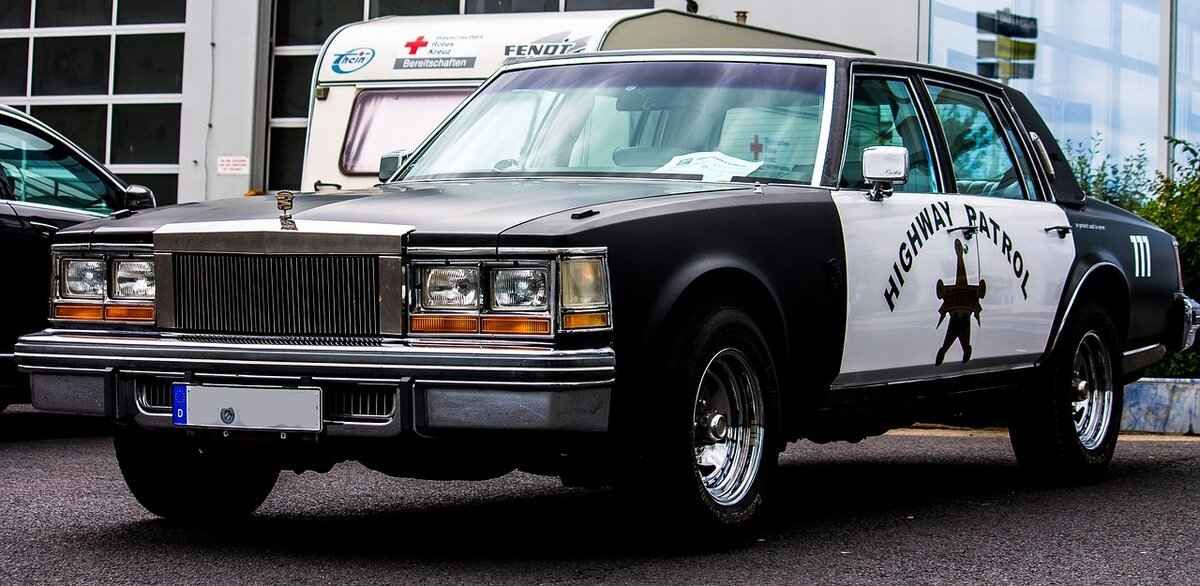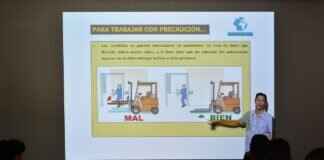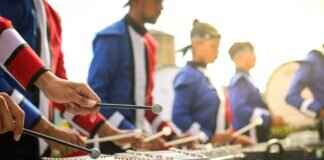Choosing the right windshield wipers is essential for maintaining visibility and safety while driving. This comprehensive guide will help you navigate the various options available, ensuring you select the best wipers tailored to your vehicle’s needs. From understanding the types and materials to considering essential features, we aim to equip you with all the necessary information for an informed purchase.
Windshield wipers come in several types, each designed for specific conditions and vehicle requirements. The main categories include:
- Conventional Wipers: These are the traditional type, featuring a metal frame and rubber blade. They are widely available and affordable.
- Beam Wipers: Designed without a frame, beam wipers provide better contact with the windshield, making them ideal for harsh weather conditions.
- Hybrid Wipers: Combining features of both conventional and beam wipers, hybrid models offer enhanced performance and durability.
Selecting the correct size for your windshield wipers is vital for effective performance. Here’s how to ensure you get the right fit:
1. Check your vehicle's manual for specifications.2. Measure the length of your existing wipers using a tape measure.3. Use online size charts that match your vehicle's make and model.
When purchasing windshield wipers, consider the following features:
- Durability: Look for materials that can withstand various weather conditions.
- Noise Level: Opt for wipers designed for quiet operation to minimize distractions.
- Ease of Installation: Choose wipers that are easy to install, especially if you plan to do it yourself.
The material of windshield wipers significantly affects their longevity and effectiveness. Common materials include:
- Rubber: Affordable and effective, rubber wipers perform well in most conditions but may wear out faster in extreme temperatures.
- Silicone: More durable than rubber, silicone wipers resist UV rays and last longer, making them a smart investment for those in harsh climates.
Rubber wipers are popular for several reasons:
- Cost-effective, making them accessible for most drivers.
- Provide adequate performance in rain and light snow.
- Widely available in various sizes and styles.
Silicone wipers offer numerous advantages, especially for drivers facing extreme weather:
- Longer lifespan compared to rubber, reducing the frequency of replacements.
- Superior performance in heavy rain and snow, ensuring clearer visibility.
- Resistant to wear and tear from UV rays, maintaining effectiveness over time.
In summary, selecting the right windshield wipers involves understanding the different types, sizes, materials, and essential features. By considering these factors, you can ensure optimal performance and safety while driving.
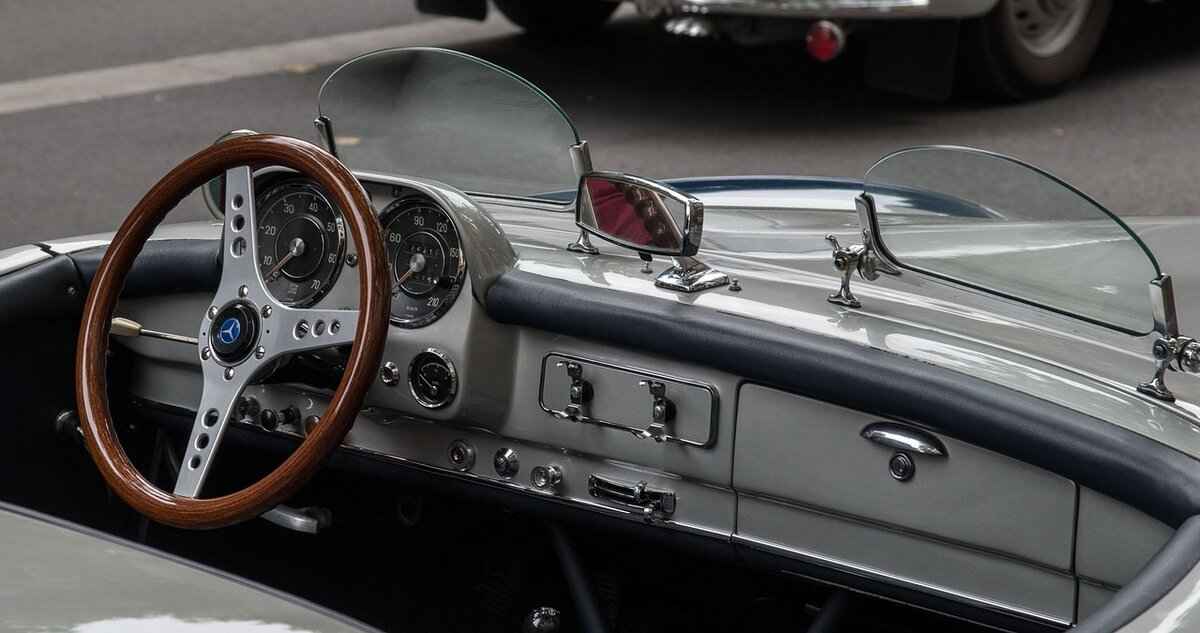
What Are the Different Types of Windshield Wipers?
When it comes to maintaining your vehicle, one of the most important components for safety and visibility is the windshield wiper. Understanding the different types of windshield wipers is essential for making an informed decision that meets your specific needs. This section will delve into the main categories of windshield wipers and their particular applications, ensuring you choose the right option for your vehicle.
Windshield wipers can generally be categorized into three main types: conventional wipers, beam wipers, and hybrid wipers. Each type has its unique characteristics that cater to different driving conditions and vehicle types.
- Conventional Wipers: These are the most common type of wipers, consisting of a rubber blade attached to a metal frame. They are typically less expensive and are effective in light to moderate rain. However, they may not perform as well in heavy precipitation or extreme weather conditions.
- Beam Wipers: Beam wipers are designed with a one-piece, frameless structure that allows for better contact with the windshield. This design helps them adapt to the curvature of the glass, providing superior performance in heavy rain and snow. They are also more durable, making them a popular choice for those who frequently drive in adverse weather conditions.
- Hybrid Wipers: As the name suggests, hybrid wipers combine features from both conventional and beam wipers. They have a flexible beam design with a protective shell that enhances durability while ensuring a snug fit against the windshield. These wipers are ideal for drivers looking for a balance between performance and affordability.
In addition to these primary types, windshield wipers can also vary based on the material used in their construction. Most commonly, wipers are made from rubber or silicone. Rubber wipers are economical and effective in various weather conditions, while silicone wipers offer enhanced durability and resistance to UV rays, making them a long-lasting option.
Choosing the right type of windshield wiper is crucial for ensuring optimal visibility during adverse weather conditions. Using the wrong type could lead to streaking, inadequate coverage, or even damage to the windshield. Therefore, understanding the differences between these wiper types allows you to select the best option for your driving habits and the climate in your area.
To determine the best wiper type for your specific vehicle, consider the following factors:
- Climate: If you live in an area with heavy rainfall or snowfall, beam or hybrid wipers may be more effective.
- Driving Conditions: Frequent highway driving or off-road conditions may necessitate more durable wiper options.
- Budget: While beam and hybrid wipers tend to be more expensive, they may offer better performance and longevity, making them a worthwhile investment.
In summary, understanding the various types of windshield wipers is essential for making an informed decision that enhances your safety on the road. By considering the specific features and benefits of each type, you can select the wipers that best suit your needs and driving conditions.

How Do I Choose the Right Size for My Wipers?
Choosing the correct size for your windshield wipers is essential for effective performance. The right size not only ensures that your wipers clear the windshield effectively but also helps to maintain safety while driving in various weather conditions. In this section, we will explore practical steps to measure your wipers accurately and find the perfect fit for your vehicle.
To select the appropriate size for your windshield wipers, follow these simple steps:
- Check Your Vehicle Manual: The first step in finding the right size is to consult your vehicle’s owner manual. It typically contains specific information regarding the correct wiper blade size for your make and model.
- Measure Existing Wipers: If you prefer to measure your current wipers, use a tape measure or ruler. Extend the measuring tool from one end of the wiper blade to the other to get an accurate length. This method ensures you have the exact size needed.
- Utilize Online Resources: Many automotive websites provide wiper size charts based on vehicle specifications. Simply enter your vehicle’s make, model, and year to find the recommended sizes.
Finding the correct size information is easy. Most vehicle manuals provide specifications, and many online resources offer wiper size charts based on vehicle make and model. Additionally, auto parts stores often have knowledgeable staff who can assist you in finding the right size.
Measuring your existing wipers can be done with a simple tape measure or ruler. Here’s how:
1. Remove the wiper blade from the wiper arm.2. Lay it flat on a surface.3. Measure from one end to the other.
This method ensures that you select wipers that fit perfectly on your windshield.
To ensure a secure fit, always verify that the wiper blade’s attachment type matches your vehicle’s wiper arm. Different vehicles may have various attachment styles, such as hook, bayonet, or pin-type. This prevents any issues during installation and use, ensuring that your wipers function properly.
When purchasing windshield wipers, several features can enhance performance:
- Blade Material: Consider whether you want rubber or silicone blades. Silicone blades offer better durability and performance in extreme weather.
- Frame Style: Choose between traditional frame styles or beam blades, which provide better contact with the windshield.
- Special Coatings: Some wipers come with special coatings that enhance water repellency and reduce streaking.
By taking these factors into account, you can make a more informed decision when selecting the right windshield wipers for your vehicle.
Where Can I Find the Right Size Information?
When it comes to replacing your windshield wipers, finding the correct size information is crucial for ensuring optimal performance and safety. Fortunately, there are several reliable resources available to help you determine the right size for your vehicle’s wipers.
Most vehicle manuals include detailed specifications regarding the appropriate wiper sizes. These manuals are often located in the glove compartment of your car, providing a convenient reference when needed. In addition to manuals, many manufacturers also have websites that list the specifications for their vehicles, making it easy to access this information online.
Another excellent resource is the wide array of online wiper size charts. These charts are typically organized by vehicle make and model, allowing you to quickly find the correct size for your specific car. Websites dedicated to automotive parts often have user-friendly search tools where you can enter your vehicle’s details and receive tailored recommendations. This can save you time and ensure that you are purchasing the right product.
For those who prefer a hands-on approach, measuring your existing wipers is also an option. Using a tape measure or ruler, you can accurately determine the length of your current wiper blades. This method is particularly useful if you have replaced your wipers previously and want to ensure you are getting the same size. To measure, simply extend the tape measure from one end of the wiper blade to the other, taking care to note the measurement in inches or centimeters.
Additionally, many automotive retailers and parts stores provide in-store assistance. Knowledgeable staff can help you find the right size based on your vehicle’s specifications. Some stores even have tools that allow you to check compatibility directly at the point of sale, ensuring you leave with the correct wipers.
In summary, whether you choose to consult your vehicle manual, utilize online resources, measure your existing wipers, or seek assistance from retail staff, there are multiple avenues to find the right size information for your windshield wipers. Ensuring you have the correct size is essential for maintaining visibility and safety while driving, particularly in adverse weather conditions.
What Tools Do I Need to Measure Wipers?
When it comes to replacing your windshield wipers, one of the most critical steps is ensuring you have the right size. This not only guarantees optimal performance but also enhances safety while driving. A common question that arises is, “What tools do I need to measure wipers?” The answer is straightforward, and with a few simple tools, you can easily determine the correct size for your vehicle.
To measure your existing wipers accurately, you will primarily need a tape measure or a ruler. These tools are widely available and easy to use. Here’s a brief overview of how to utilize them effectively:
- Tape Measure: A flexible tape measure is ideal for measuring the length of your windshield wipers. It allows you to navigate around curves and angles easily.
- Ruler: A standard ruler can also be used, particularly if you have straight wipers. Just ensure that you measure from the tip of the blade to the end accurately.
Once you have your measuring tool, follow these simple steps to measure your wipers:
- Lift the Wiper Arm: Carefully lift the wiper arm away from the windshield to access the blade.
- Measure the Blade Length: Using your tape measure or ruler, measure the length of the wiper blade from one end to the other.
- Note the Size: Record the measurement in inches or centimeters, depending on your preference.
Choosing the right size wipers is crucial for several reasons:
- Performance: Wipers that are too long or too short can lead to poor visibility, as they may not cover the entire windshield effectively.
- Safety: Incorrectly sized wipers can fail during inclement weather, increasing the risk of accidents.
- Ease of Installation: Ensuring that you have the correct size simplifies the installation process and reduces the likelihood of needing to return or exchange products.
Here are a few additional tips to keep in mind when measuring your wipers:
- Check Both Wipers: Don’t forget to measure both the driver and passenger side wipers, as they may differ in size.
- Consult Your Vehicle Manual: Your vehicle’s manual often provides specific wiper sizes and types recommended for your model.
- Use Online Resources: Many automotive websites offer wiper size charts based on vehicle make and model, which can serve as a helpful reference.
By following these guidelines and using the right tools, you can ensure that you select windshield wipers that fit your vehicle perfectly. This attention to detail not only enhances your driving experience but also contributes significantly to your safety on the road.
How Can I Ensure a Secure Fit?
When it comes to maintaining your vehicle, ensuring that your windshield wipers are functioning optimally is essential for safety and visibility. One key aspect of this is ensuring a secure fit for your wiper blades. How can you achieve this? Below, we delve into important considerations to ensure that your wiper blades fit perfectly with your vehicle’s wiper arms.
Wiper blades come with various attachment types, including hook, pin, and bayonet styles. Each type corresponds to specific wiper arms found in different vehicle models. Before purchasing new wiper blades, it is crucial to identify the attachment type of your existing wipers. This helps to avoid compatibility issues that could lead to improper installation or even damage during use.
Another step in ensuring a secure fit is to consult your vehicle’s manual or manufacturer specifications. Most manuals provide detailed information about the correct wiper blade size and attachment type. Additionally, many auto parts stores offer size charts based on your vehicle’s make and model, making it easier to find the right fit.
If you’re uncertain about the size or attachment type, measuring your current wipers can be a reliable method. Use a tape measure or ruler to measure the length of the wiper blade. Make sure to measure from the tip of the blade to the point where it attaches to the wiper arm. This will give you an accurate size, ensuring you purchase blades that will fit your vehicle seamlessly.
During installation, follow the manufacturer’s instructions closely. Here are some practical tips to ensure a secure fit:
- Make sure the vehicle’s wiper arms are in the upright position before attaching the blades.
- Align the attachment mechanism of the wiper blade with the wiper arm.
- Press down firmly until you hear a click, indicating that the blade is securely locked in place.
Once installed, it’s important to regularly check the wiper blades for wear and tear. Look for signs of cracking or splitting in the rubber, as these can affect performance and visibility. Additionally, ensure that the blades remain securely attached to the wiper arms. If you notice any issues, replace the blades promptly to maintain optimal safety while driving.
By taking the time to verify the attachment type of your wiper blades and ensuring a proper fit, you can enhance your driving safety and comfort. Always consult your vehicle’s specifications and follow installation guidelines carefully. This attention to detail will help prevent any potential issues during installation and use, allowing your windshield wipers to perform at their best.
What Features Should I Consider When Buying Wipers?
When it comes to ensuring clear visibility while driving, wiper blades play a crucial role. Selecting the right windshield wipers is not just about choosing the correct size; it involves understanding various features that can significantly enhance their performance. This section delves into the essential features to consider for optimal visibility and durability.
The material of the wiper blade is one of the most significant factors affecting its performance. Most windshield wipers are made from either rubber or silicone. Rubber blades are typically more affordable and provide decent performance in various weather conditions. However, silicone blades offer enhanced durability and resistance to UV rays, making them last longer and perform better in extreme conditions.
- Beam Design: This design allows for better conformity to the windshield, ensuring that the blade maintains contact with the glass for a streak-free wipe.
- Hybrid Wipers: Combining the best of both worlds, hybrid wipers feature a rubber blade encased in a plastic frame, providing durability and flexibility.
- Multi-Functional Blades: Some blades come with additional features like built-in snow and ice removal capabilities, which can be beneficial in harsh winter conditions.
Advancements in wiper technology have led to the development of features that significantly improve performance:
- Smart Technology: Some wipers are equipped with sensors that detect rain and automatically adjust the speed of the wipers, providing optimal performance without driver intervention.
- Noise Reduction: Features such as aerodynamic designs and special coatings can reduce the noise produced during operation, leading to a more pleasant driving experience.
Durability is not solely about the materials used; it also involves how easy it is to maintain the wipers. Look for blades that are easy to install and remove. Many modern wipers come with quick-release mechanisms, making it simple to replace them when necessary. Additionally, some wipers are designed to be self-cleaning, which can help maintain optimal performance over time.
When purchasing wipers, consider the seasonal changes in your area. For example, if you live in a region that experiences heavy snow or ice, you might want to invest in winter-specific wipers that are designed to handle these conditions effectively. These blades often feature a sturdier construction and a design that prevents snow buildup.
In summary, when selecting windshield wipers, consider the material, design, technology, maintenance features, and seasonal requirements to ensure optimal performance and safety. By paying attention to these factors, you can enhance your driving experience and maintain clear visibility in any weather condition.
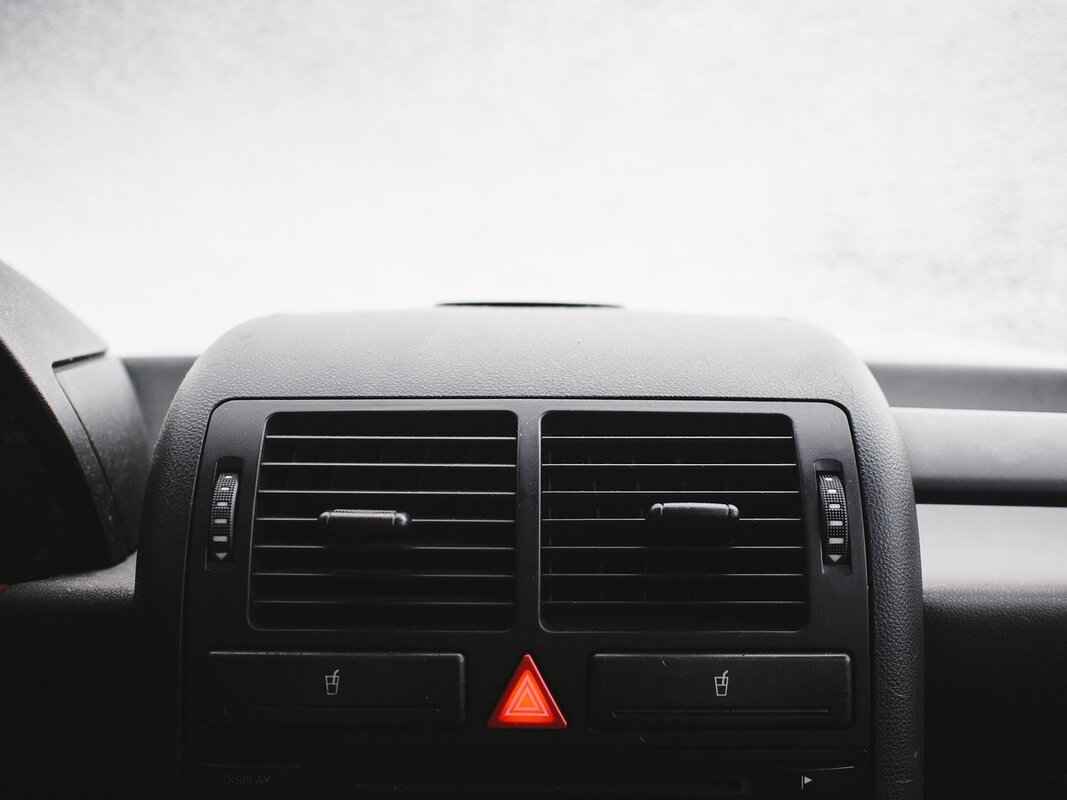
What Materials Are Windshield Wipers Made From?
When it comes to maintaining clear visibility while driving, the material of your windshield wipers plays a crucial role. Understanding the different materials used in windshield wipers can help you make an informed decision that enhances both safety and performance. In this section, we will delve into the common materials used in windshield wipers, along with their respective advantages and disadvantages.
- Rubber Wipers
- Advantages: Rubber wipers are the most commonly used type due to their affordability and decent performance in various weather conditions. They provide a good balance of flexibility and durability, making them suitable for everyday use.
- Disadvantages: However, rubber can degrade over time, especially when exposed to harsh UV rays and extreme temperatures, which may lead to cracking and reduced effectiveness.
- Silicone Wipers
- Advantages: Silicone wipers are known for their enhanced durability and performance. They resist UV rays and can last significantly longer than traditional rubber blades. Their smooth surface also helps in reducing streaks on the windshield.
- Disadvantages: The main drawback is their higher price point compared to rubber wipers, which may deter budget-conscious consumers.
- Hybrid Wipers
- Advantages: Hybrid wipers combine the best features of both rubber and silicone. They often have a rubber blade encased in a plastic frame that offers additional protection against the elements, enhancing their lifespan and performance.
- Disadvantages: While they provide excellent performance, hybrid wipers can be more expensive and may require more specific installation methods.
- Metal Wipers
- Advantages: Metal wipers are typically more durable and resistant to wear and tear. They are often used in heavy-duty applications and can withstand harsher conditions.
- Disadvantages: However, they can be heavier and may not provide the same level of flexibility as rubber or silicone, leading to potential streaking on the windshield.
In summary, the choice of windshield wiper material significantly impacts their longevity and effectiveness. Rubber wipers are economical and widely used, while silicone wipers offer superior durability. Hybrid options provide a blend of both, and metal wipers cater to more demanding environments. By understanding the advantages and disadvantages of each material, you can select the right windshield wipers that meet your specific needs and driving conditions.
What Are the Benefits of Rubber Wipers?
When it comes to windshield wipers, rubber wipers are often the first choice for many vehicle owners. Their popularity stems from a combination of factors that make them a practical option for everyday use. In this section, we will explore the numerous benefits of rubber wipers, highlighting why they are a staple in the automotive industry.
One of the most significant advantages of rubber wipers is their affordability. Unlike other materials, rubber wipers are generally less expensive, making them accessible to a broader range of consumers. This affordability does not compromise their performance, as they provide reliable functionality without breaking the bank.
Rubber wipers are designed to perform well in a variety of weather scenarios. Whether it’s rain, snow, or sleet, rubber blades effectively clear the windshield, ensuring optimal visibility. Their flexibility allows them to conform to the windshield’s surface, which enhances their ability to remove water and debris efficiently.
Another appealing feature of rubber wipers is their ease of installation. Most rubber wiper blades come with a universal fit design, allowing vehicle owners to replace them without the need for professional help. This user-friendly aspect encourages regular maintenance, which is essential for safe driving.
While rubber wipers are often perceived as less durable compared to silicone options, advancements in manufacturing have significantly improved their lifespan. High-quality rubber wipers can last for several months, even in harsh conditions. Regular maintenance, such as cleaning the blades and windshield, can further enhance their durability.
Many users appreciate the quiet operation of rubber wipers. Unlike some other materials that may produce squeaking or chattering sounds during use, rubber blades tend to glide smoothly across the windshield, providing a more pleasant driving experience.
With growing environmental concerns, it’s worth noting that some manufacturers are producing rubber wipers using recycled materials. This eco-friendly approach not only helps reduce waste but also appeals to consumers looking to make more sustainable choices.
In summary, rubber wipers offer a multitude of benefits that make them a reliable choice for most drivers. Their affordability, effective performance across various weather conditions, ease of installation, and advancements in durability all contribute to their ongoing popularity. For those seeking a balance of quality and cost-effectiveness, rubber wipers remain an excellent option in the diverse market of windshield wipers.
Why Choose Silicone Wipers?
When it comes to selecting the right windshield wipers for your vehicle, silicone wipers stand out as a superior choice. They offer enhanced durability and performance, particularly in extreme weather conditions. Unlike traditional rubber blades, silicone wipers are specifically designed to withstand the test of time and the elements.
One of the most significant advantages of silicone wipers is their resistance to UV rays. This feature helps prevent deterioration caused by sun exposure, which is a common issue with rubber blades. As a result, silicone wipers can maintain their effectiveness for a longer period, making them a worthwhile investment for any vehicle owner.
In addition to UV resistance, silicone wipers are also known for their superior performance in various weather conditions. They provide a smoother and quieter operation compared to traditional wipers, which can lead to a more pleasant driving experience. This is particularly important during heavy rain or snow, where visibility is crucial for safety.
| Feature | Silicone Wipers | Rubber Wipers |
|---|---|---|
| Durability | High | Moderate |
| UV Resistance | Yes | No |
| Noise Level | Low | Moderate |
| Price | Higher | Lower |
Although silicone wipers may come with a higher upfront cost compared to rubber blades, their longevity and performance can lead to cost savings over time. You won’t have to replace them as frequently, which means less hassle and fewer trips to the auto parts store.
Another important factor to consider is the environmental impact. Silicone is often viewed as a more eco-friendly option because it does not degrade as quickly as rubber. This means fewer wipers ending up in landfills, contributing to a more sustainable choice for environmentally-conscious consumers.
For those who live in regions with extreme weather, the choice becomes even clearer. Silicone wipers can handle the harsh conditions of winter, such as ice and snow, without losing their effectiveness. They are also less likely to freeze to the windshield, ensuring that you can maintain visibility when it matters most.
In summary, choosing silicone wipers is an investment in safety, performance, and sustainability. With their long-lasting durability and superior performance in various weather conditions, silicone wipers are an excellent option for anyone looking to enhance their driving experience. If you are considering a replacement for your windshield wipers, silicone should be at the top of your list.
Frequently Asked Questions
- What type of windshield wipers do I need for my vehicle?
The type of windshield wipers you need depends on your vehicle’s make and model, as well as the weather conditions you frequently encounter. Generally, you can choose between traditional frame wipers, beam wipers, or hybrid wipers for optimal performance.
- How do I know the right size for my windshield wipers?
To find the right size, you can consult your vehicle’s manual or look for online size charts specific to your car’s make and model. Measuring your existing wipers with a tape measure can also help ensure you get the perfect fit.
- What materials are best for windshield wipers?
Windshield wipers are commonly made from rubber or silicone. Rubber wipers are affordable and effective, while silicone wipers offer enhanced durability and better performance in extreme weather conditions.
- How often should I replace my windshield wipers?
It’s recommended to replace your windshield wipers every 6 to 12 months, depending on usage and weather conditions. Regular inspections can help you determine if they need replacement sooner.
- Can I install windshield wipers myself?
Absolutely! Installing windshield wipers is a straightforward process that usually requires no special tools. Just make sure to follow the instructions provided with your new wipers for a secure fit.


